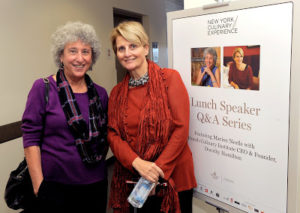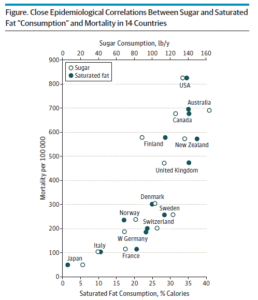Weekend reading: Food, Ethics, and Society
Anne Barnhill, Mark Budolfson, Tyler Doggett. Food, Ethics, and Society: An Introductory Text with Readings. Oxford, 2016
The back cover has a comment from me that must have been something I wrote when reviewing the manuscript for the publisher, who asked: “Who will want to read or use this?” I said—and meant:
This would be extremely useful for undergraduate courses in food ethics or contemporary food issues. It would work well in courses on contemporary issues in food systems. The topics are excellent.
OK, I’m biased. It has two pieces from me in it, one an update on the report of the Pew Commission on Industrial Food Animal Production, which came out in 2008 (I was on that committee), and the other an excerpt from the 2007 edition of Food Politics. It has loads of interesting excerpts from the work of lots of other people writing about food and ethics from different perspectives. I really do think it would be fun to use this in a food ethics course or to read if you are just interested in what people are thinking about food ethics .









